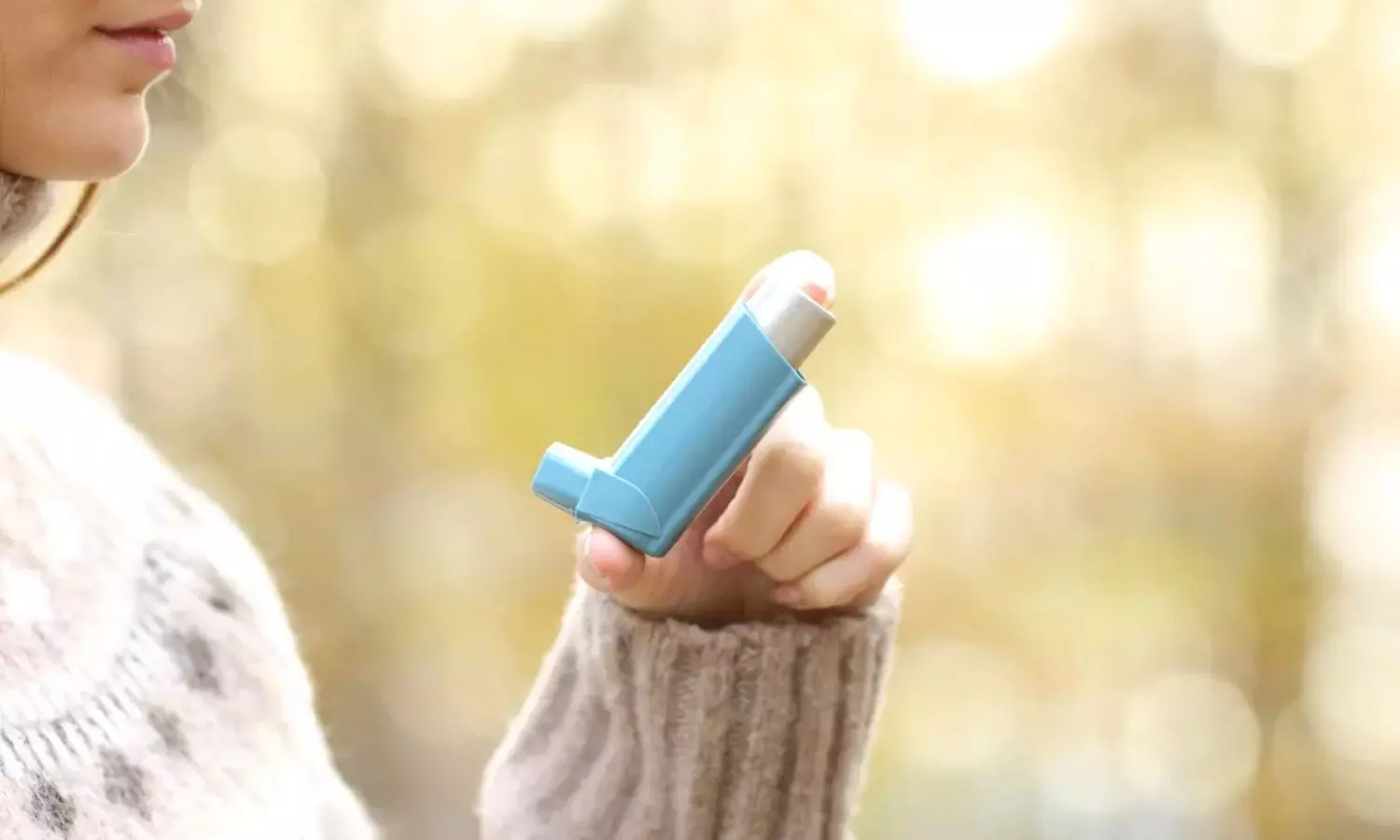Morning Timing of Spirometry exhibits greater Bronchodilator Responsiveness in Asthma, reveals study

A new study by Ben Knox-Brown and team showed that response to bronchodilators peaked in the morning and declined over the day, which may help guide asthma testing methods. Research shows that patients with asthma are more likely to exhibit bronchodilator responsiveness when spirometry testing is conducted in the morning rather than later in the day.
The findings of this study were published in the recent issue of BMJ Thorax journal.
Bronchodilator responsiveness, which is often defined as an improvement in forced expiratory volume in 1 second (FEV1) or forced vital capacity (FVC) following bronchodilator treatment, is a crucial diagnostic criteria for asthma. Asthma symptoms can vary throughout the day, and prior studies have indicated that a biological clock mechanism plays a significant role in the pathophysiology of the condition. It is unclear if the impact of diurnal fluctuation on bronchodilator responsiveness is limited to asthmatic individuals alone. Moreover, it is uncertain how seasonal fluctuation affects bronchial hyperreactivity. Thus, this study looked into how the season and time of day affected the bronchodilator responsiveness level.
The data from patients who were referred to Cambridge University Hospitals NHS Foundation Trust between January 1, 2016, and December 31, 2023, was examined retrospectively. The MasterScreen-PFT-Pro from Vyaire Medical was used to perform spirometry both before and 20 minutes after 400 µg of salbutamol was inhaled using a spacer and metered dosage inhaler. The impact of the time of day on the likelihood of a good bronchodilator response was examined using multivariable logistic regression analysis. Also, they looked at the impact of any interactions between the time of day and the reason for referral on the likelihood of a favorable bronchodilator response.
According to this study, the likelihood of experiencing bronchodilator responsiveness decreased by 8% for every hour that was added to the working day. The participants also showed lower probabilities of bronchodilator response in the afternoon when compared to the morning.
For individuals admitted for asthma or inquiry asthma, this connection remained positive. Also, it was not observed for those referred for other reasons. The research also discovered that the likelihood of a favorable bronchodilator response was significantly influenced by the time of day (per 1-hour increment) and the reason for referral.
The patients tested in the fall had a considerably reduced chance of having bronchodilator responsiveness than those tested in the winter, but only if they met the ATS/ERS 2005 criteria for bronchodilator responsiveness. Overall, spirometry testing conducted in the morning as opposed to later in the working day increases the likelihood that individuals with asthma or questionable asthma would exhibit bronchodilator reactivity.
Reference:
Knox-Brown, B., Kon, F. C., Sylvester, K. P., & Jha, A. (2025). Effect of time of day and seasonal variation on bronchodilator responsiveness: the SPIRO-TIMETRY study. Thorax, thorax-2024-222773. https://doi.org/10.1136/thorax-2024-222773
